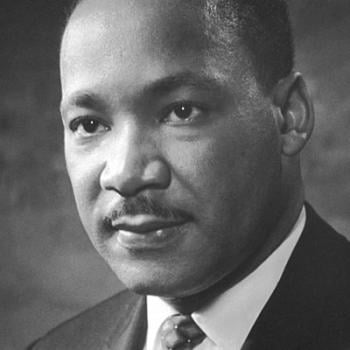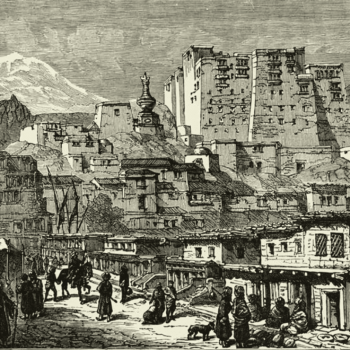WARNING: The Surgeon General has determined that there is no such thing as zombies, but sometimes our behavior re-enforces rumors that they exist.
I have a friend who is reasonably certain that the zombie who corners Brad Pitt behind a glass door in the film World War Z deserves an academy award for best supporting actor. I was curious. I asked, "Do you think that zombies might be a good metaphor for the church?"
The evidence, it seems to me, is fairly strong: Zombies are driven by routine. They react violently, but unthinkingly to noise. They are given to mindless repetition. They run in circles with no particular direction in mind, unless they are momentarily confronted with a threat or prey. (They have nothing in mind, in fact.) And they resemble the living, but they are dead (and, therefore, undead).
I didn't get to make my argument. My friend rejected the notion. "Zombies move too fast."
That's true. But I am not sure that it outweighs the evidence to the contrary. Zombies are not representative of what the church should be, of course, but they are an apt analogy for what the church can become.
The comparisons I have identified are largely superficial, however. The central comparison—the heart of the zombie analogy—is that churches, like zombies, can appear to be alive and ought to be, but often they aren't. This analogy also suggests that something is amiss and that their fate—that of the church and zombies alike—is strangely out of sync with what they are meant and gifted to be.
For some time now, many have blamed this tragic state of affairs on secularism—not among zombies, but among churches. But there is nothing in mainstream Christian theology to suggest that this is even remotely possible whatever we might argue from a sociological point of view. We do not live in a world where evil and spiritual bankruptcy possess the power to rob the church of what God has given her. She can fritter her inheritance away. She can walk away from the life that she has been given. She can fail to believe deeply in the gift that is hers. But it can't be taken from her.
Here the analogy with zombies ends. Zombies are the victims of whatever magical, viral, or malevolent forces that take the life force away from the host. But that's not the case with the church.
If and when she is anemic or a pale reflection of the life that she has been given, that is entirely the church's fault. It is not God's fault and it is not evidence of secularism's power. In fact, when the church is fully alive, secularism and atheism (friendly or not) are stripped of their pretention to power and revealed for what they are: the undead inventions of lives, minds, and hearts anchored in a religion of their own making.
So, what is the un-privileged church of the early twenty-first century to do in the face of so many challenges?
One, step out of the spell of the zombie apocalypse.
Two, recognize that no matter how much the world changes, no matter how unfriendly the world might appear to be, the Truth remains the same: Reconciliation is possible. The hope of the resurrection is real. Life, love, and forgiveness are available to us. And if the church is willing to give itself without reservation to that Truth, hope remains.
Three, live like number two is the truth.
The shape of the religious and spiritual landscape is rapidly changing. The challenges the church faces are radically different from the taken-for-granted ascendancy of denominational in the fifties and sixties. But that's no reason to roll over and play undead.
* I am new to zombie movies and World War Z is likely the first and last of the genre I will ever see. After I completed this article I noticed that there are other articles and books on the "Zombie Church." I am unlikely to master the literature. It seems to me that Scott Gunn's recent article, "Preparing for the Zombie (Church) Apocalypse," does a particularly good job of identifying the marks of a zombie church and a practical prescription for addressing its state. The point I wanted to make here is rather more theological and, for that reason, I chose to post it anyway.
8/8/2013 4:00:00 AM





